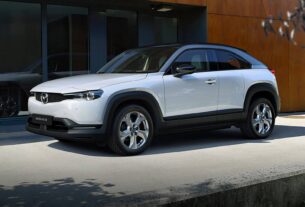When it comes to buying a new car, one of the most crucial aspects to consider is your budget. Setting a realistic budget not only helps you narrow down your options but also ensures you make a financially sound decision. Whether you’re looking for an economical compact car or a luxurious SUV at car dealerships dayton ohio, these guidelines will help you make an informed choice.
Assess Your Financial Situation
Calculate Your Monthly Income
Before diving into the world of car shopping by car dealerships dayton ohio, it’s essential to have a clear understanding of your financial standing. Start by calculating your monthly income, which includes your salary, any side hustles, and other sources of revenue. Knowing your income is the first step in determining how much you can afford to spend on a car.
Evaluate Your Expenses
Next, make a comprehensive list of your monthly expenses, including rent or mortgage, utilities, groceries, insurance, and entertainment. Don’t forget to account for savings and emergency funds. Subtracting your expenses from your income will give you a clearer picture of your disposable income.
Set Realistic Financial Goals
Prioritize Your Financial Goals
Once you’ve determined your disposable income, it’s time to set financial goals. Consider any outstanding debts, such as student loans or credit card balances, and factor in your long-term objectives, like saving for a house or retirement. Allocate a portion of your disposable income towards these goals.
Determine an Affordable Monthly Payment
With your financial goals in mind, decide how much you are comfortable spending on a monthly car payment. Experts recommend that your car payment should not exceed 15% of your monthly income.
Consider Additional Costs
Factor in Insurance
Car insurance is a non-negotiable expense when owning a vehicle. Get quotes from different insurance providers to estimate the cost of coverage for your desired car model. This cost should be included in your budget.
Include Maintenance and Repairs
Cars require ongoing maintenance, such as oil changes, tire replacements, and unexpected repairs. Budget for these costs to avoid financial surprises down the road.
Research Car Prices
Now that you have a budget in mind, start researching the prices of the car models you’re interested in. Various websites and dealerships provide pricing information for new and used cars. Compare different options to find one that fits your budget.





